How Marie Claire is supporting an end to period plastic
For far too long, we have been allowing plastic sanitary products to destroy our planet. Marie Claire is supporting a campaign to change that
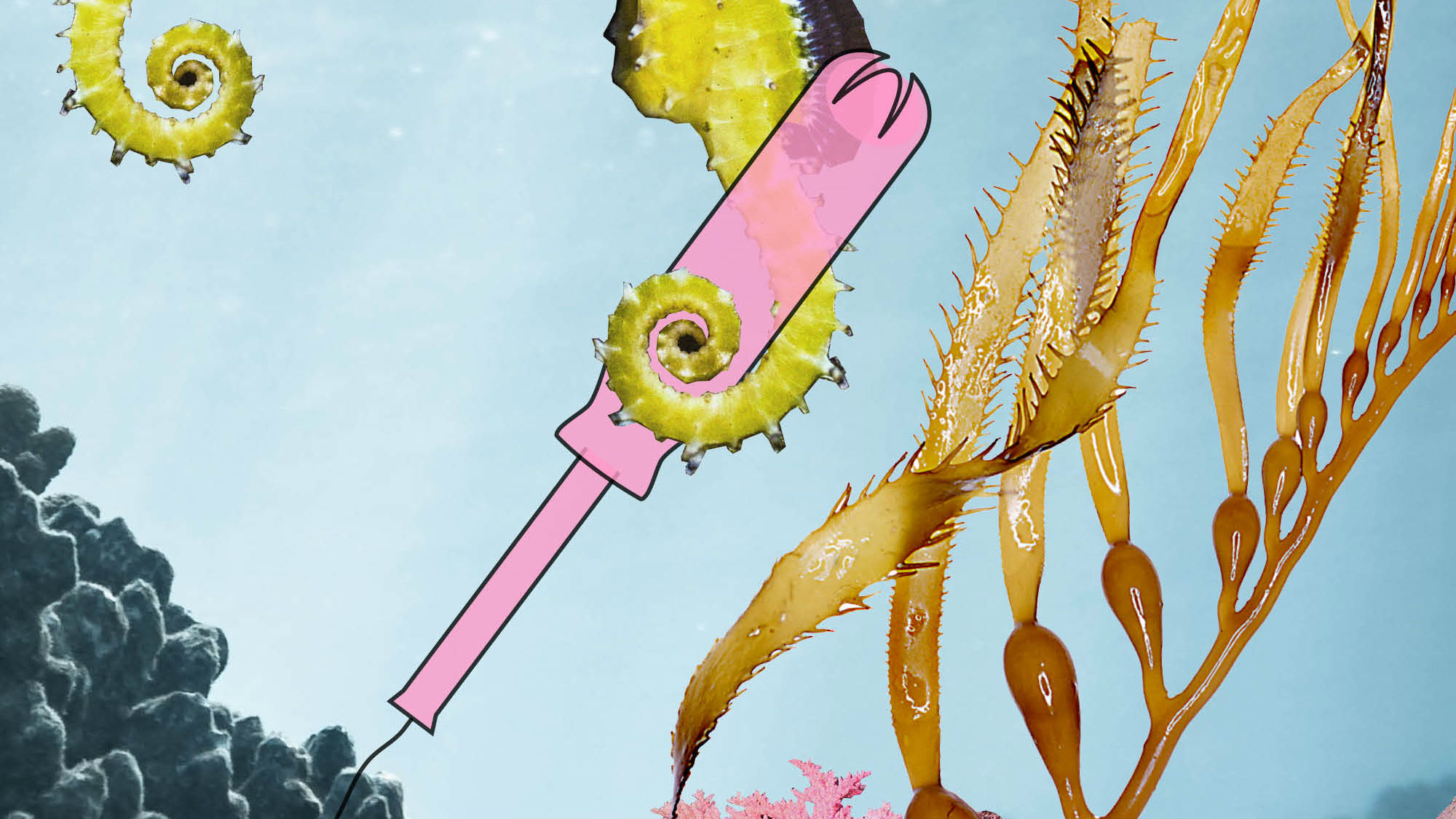
For far too long, we have been allowing plastic sanitary products to destroy our planet. Marie Claire is supporting a campaign to change that
When it comes to the beauty industry, period products contain up to 90 per cent plastic and take over 500 years to break down. It is estimated 2.5 million tampons, 1.4 million pads and 700,000 pantyliners are wrongly flushed down UK toilets each day, causing them to end up in our rivers, flow into the sea and wash up on our beaches.
Globally, 45 billion menstrual products are disposed of every year. In the UK, they contribute to 200,000 tonnes of landfill waste, which causes harmful CO2 emissions. This month is Plastic-Free July, and Marie Claire is taking a stand against period plastic. We are actively supporting environmentalist Ella Daish, and her campaign to #EndPeriodPlastic. This means applying pressure to brands and supermarkets to take responsibility for the unnecessary plastic they are putting into these products, by removing plastic from their period products. This includes tampons, applicators, pads, wrappers and packaging.
2020 has been the year to wake up to the environment crisis. With cars and planes suspended due to the Covid-19 pandemic, we have been absorbing cleaner air, and as we spend more time at home, we are surrounded by the things that we buy, plus our waste, forcing us to acknowledge our throwaway culture of cheap and convenient plastic products. As lockdown eases, our mind turns to the type of world we want to live in, and we can all agree we don’t want a polluted one.
The period pioneer behind this powerful petition has been working hard. Ella's campaign, launched in February 2018, has resulted in Sainsbury’s, Aldi and Superdrug - as recently as May - stopping the production of their own-brand plastic tampon applicators, which collectively saves over 17 tonnes of plastic annually. Lil-Lets and Superdrug have reacted to the campaign by launching and developing their own eco-friendly ranges.
Before the petition started there were no options available in supermarkets, now thanks to the campaign many supermarkets and retailers stock eco-friendly options, including reusables in their shops. This importantly gives us access to much needed choice, but there is still a long way to go to make plastic-free periods mainstream.
Ella’s commitment to campaigning for all products to be plastic-free and biodegradable is both unwavering and inspiring, and Marie Claire vows to work alongside Ella to action the problem with plastic and demand manufacturers to bring about eco-friendly change.
Marie Claire Newsletter
Celebrity news, beauty, fashion advice, and fascinating features, delivered straight to your inbox!
Here, Ella, 27, who is based in Brighton, talks us through her inspiring story from postal worker to full-time activist and details exactly how to get involved in the movement.
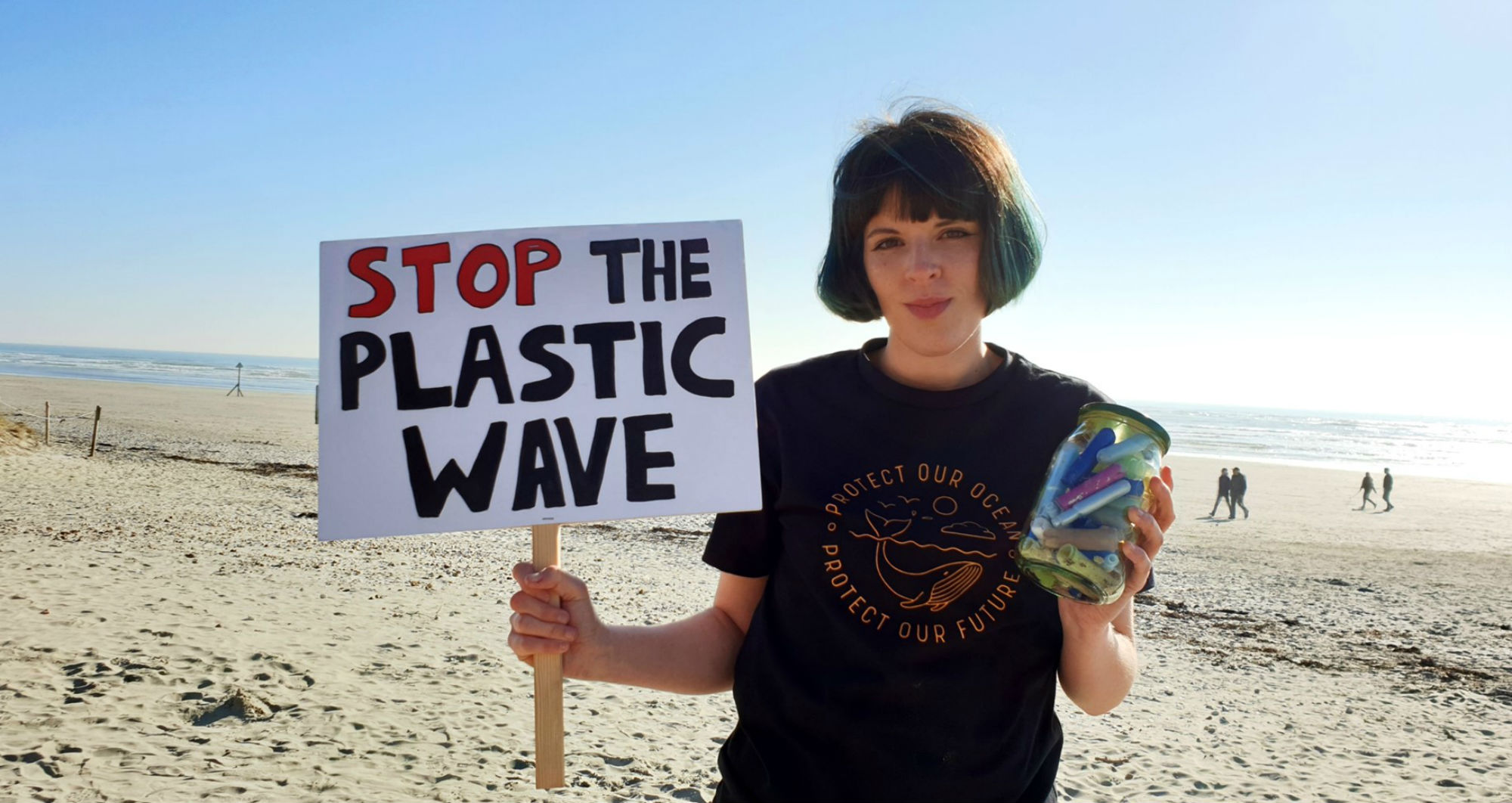
Describe the moment you were personally alerted to the plastic problem...
I was working as a postal worker for Royal Mail and while I was delivering post I noticed the amount of waste that was being disposed of outside homes. Over time the waste increased, and it worried me that I was just seeing one street - how bad was waste on a national scale? I then began to make product switches at home, like using a reusable water bottle and washable make-up wipes instead of disposable ones. During this time I had a period, and it was the first time I noticed the amount of plastic waste I was generating during just one menstrual cycle.
I went to my local supermarket to buy an eco-friendly alternative, and there were none. I ordered online, but it stayed with me that if small companies could make them then so could big brands stocked in supermarkets. That's why I launched the petition for change.
The petition quickly gained thousands of signatures. Did you expect the outburst of support?
No, it really took me by surprise. I hoped it would get a few hundred signatures. Essentially, I became a campaigner overnight and I had no experience.
What's the most shocking statistic you have learned about plastic pollution?
Period products are the fifth most common item polluting Europe’s beaches. Over time their plastic content breaks down into smaller pieces, known as micro-plastics and fibres, which pose a further threat to vital eco-systems where they can enter the food chain from the bottom up. This shows what a huge, global and environmental problem it is.
Superdrug is latest store to ditch plastic applicators – how does the campaign make this a reality?
I put pressure on retailers to take action by utilising the 200,000 people who have signed the petition. We email and use social media continuously until they agree to speak and respond to this. People power works – we all persisted and then it paid off. I had a meeting with Superdrug last September and it committed to stopping production of their plastic tampon applicators, and vowed to make own eco-friendly range.
Interestingly, at the moment, the retailers are showing leadership, not the brands. It is manufacturers like Procter & Gamble, who own Tampax and Always, that seem less willing. Manufacturers claim, ‘plastic is what women want,’ ‘without plastic performance will reduce’ and ‘we’re meeting the demand,’ but that’s because in supermarkets the products on offer and best value are the ones with plastic applicators. They are being pushed to women.
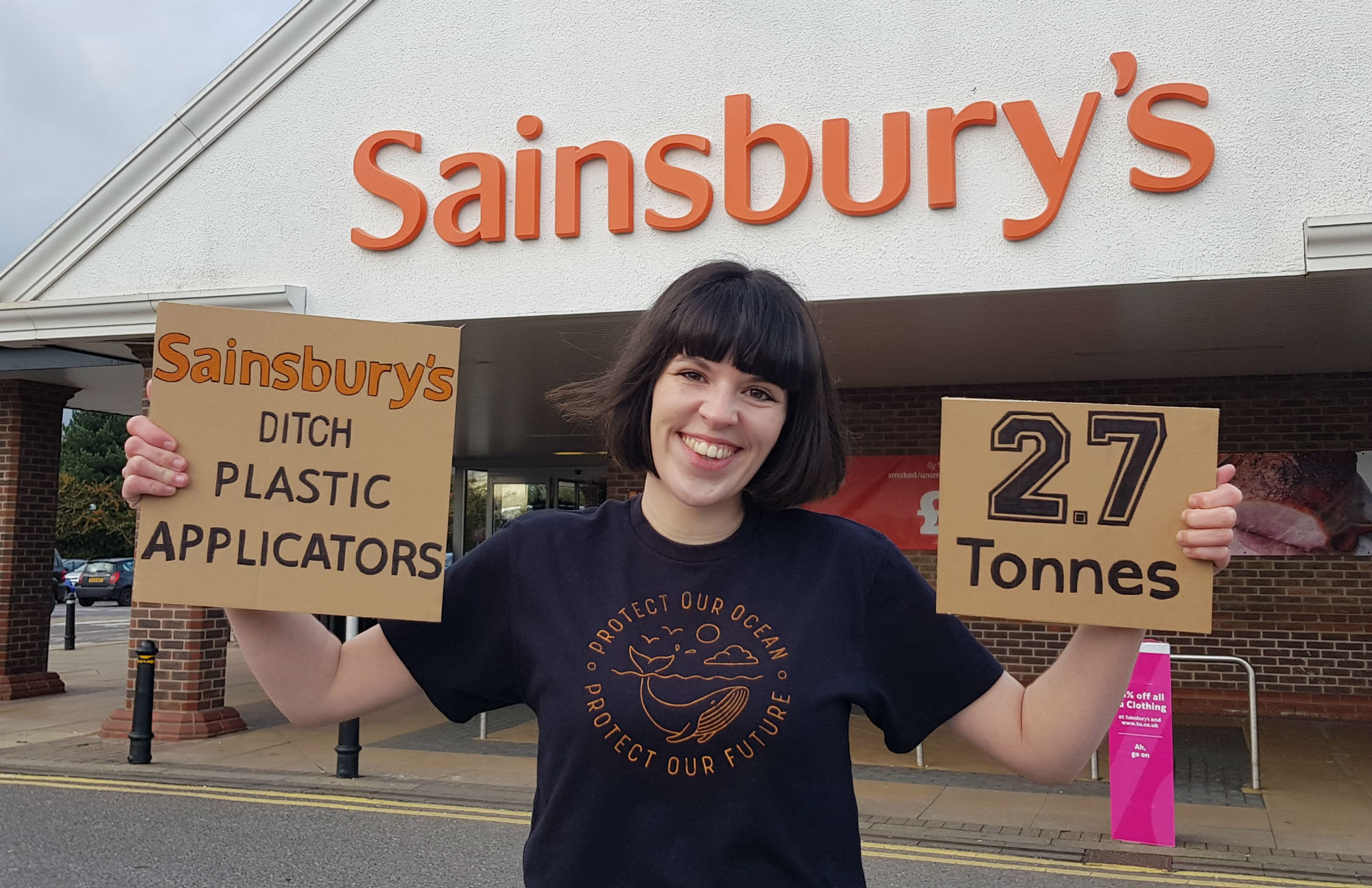
What can the government do to help?
The campaign calls on the government (who provides funding for local authorities) to spend their period poverty funding on eco-friendly products. That way we can simultaneously tackle period poverty and the plastic crisis. Caerphilly council in Wales was the first in the world to commit to spending all their funding on eco-friendly products, which was brilliant.
What do you choose to use when on your period?
I use a mixture of products. There is not one product that suits the entire period, as it depends where you are. I use period pants most of the time. I absolutely love them, they make my period easy and comfortable.
How to help:
- Sign the petition and share the campaign on social media.
- Start a conversation with those around you. Many are still unaware that these products contain plastic; by speaking about it and spreading the word, you are raising much-needed awareness.
- Take direct action by opting for eco-friendly period products, this is a positive step and will show manufacturers through consumer demand that we don’t want them to contain plastic.
- Get in touch with your local shop and ask them to stock eco-friendly products and if they sell tampons with plastic applicators ask them to swap them for alternatives like cardboard applicators.
- If you find period plastic polluting the environment, please take a picture and post it on social media using the campaign hashtag #EndPeriodPlastic
Olivia – who rebranded as Liv a few years ago – is a freelance digital writer at Marie Claire UK. She recently swapped guaranteed sunshine and a tax-free salary in Dubai for London’s constant cloud and overpriced public transport. During her time in the Middle East, Olivia worked for international titles including Cosmopolitan, HELLO! and Grazia. She transitioned from celebrity weekly magazine new! in London, where she worked as the publication’s Fitness & Food editor. Unsurprisingly, she likes fitness and food, and also enjoys hoarding beauty products and recycling.
-
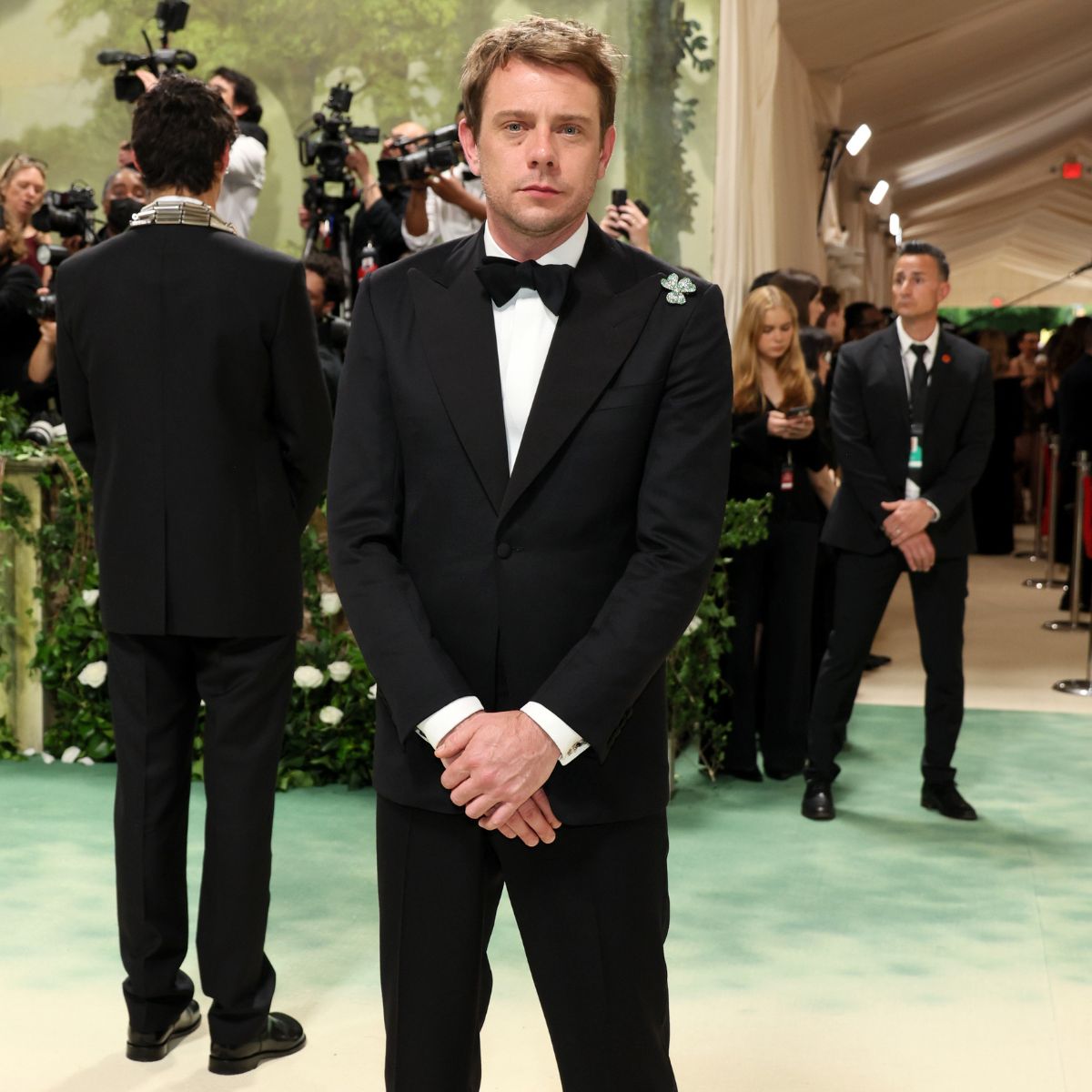 Jonathan Anderson is going to Dior Men
Jonathan Anderson is going to Dior MenHis debut collection will be this June
By Mischa Anouk Smith
-
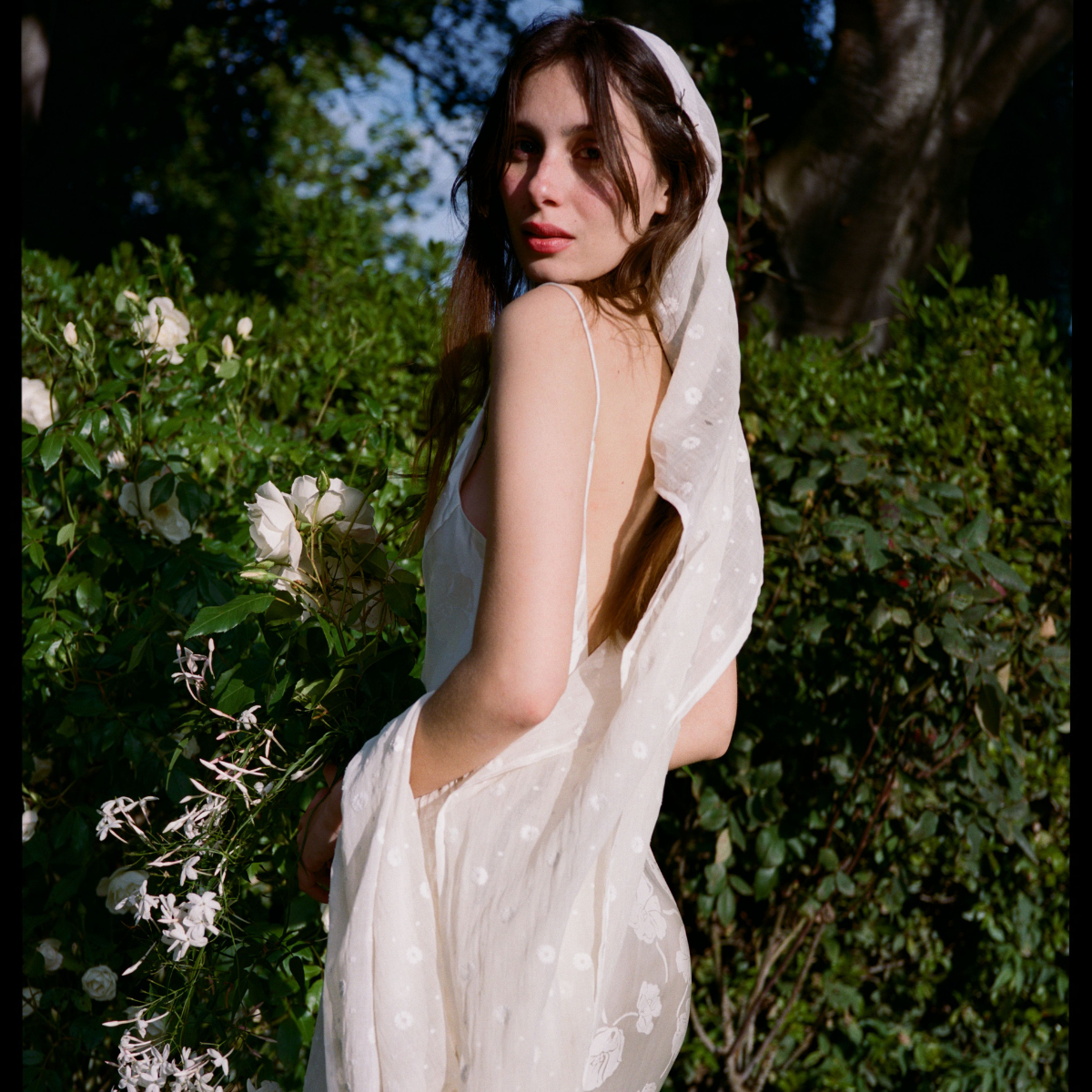 I'm a 2025 bride and these are the best affordable wedding dresses I've found
I'm a 2025 bride and these are the best affordable wedding dresses I've foundLess than £1,000 but still the height of chic
By Sofia Piza
-
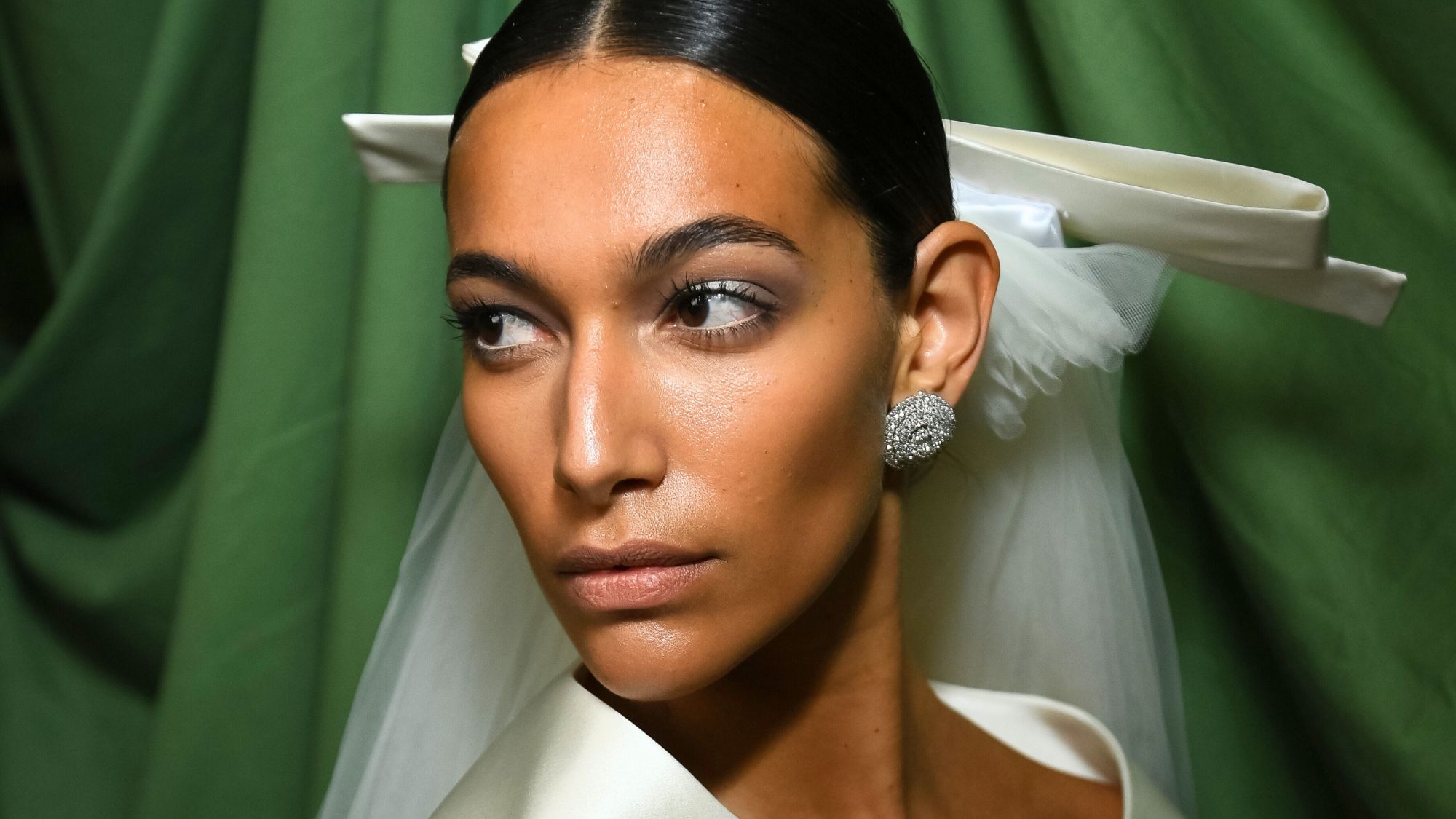 Hands down, these are the best wedding foundations for each skin type
Hands down, these are the best wedding foundations for each skin typeThat bridal glow, bottled
By Denise Primbet
-
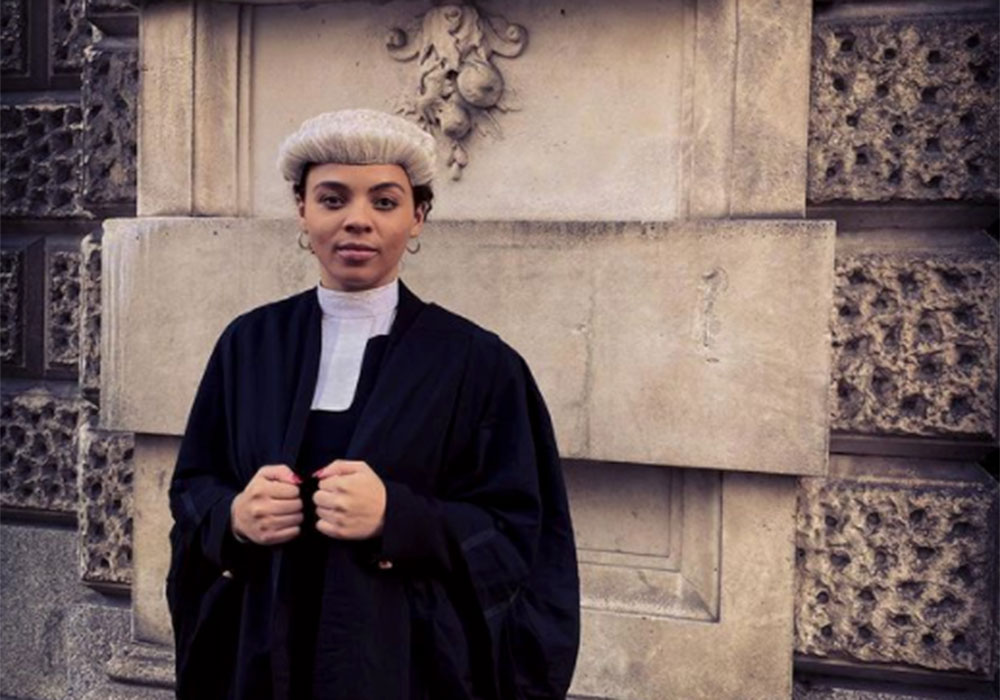 "I'm a Black barrister working in a broken justice system"
"I'm a Black barrister working in a broken justice system"Alexandra Wilson is a 26-year-old barrister speaking out about sexism, racism and class inequality at the very heart of the legal system. She shares her disturbing experiences, and why activism will make a difference.
By Alexandra Wilson
-
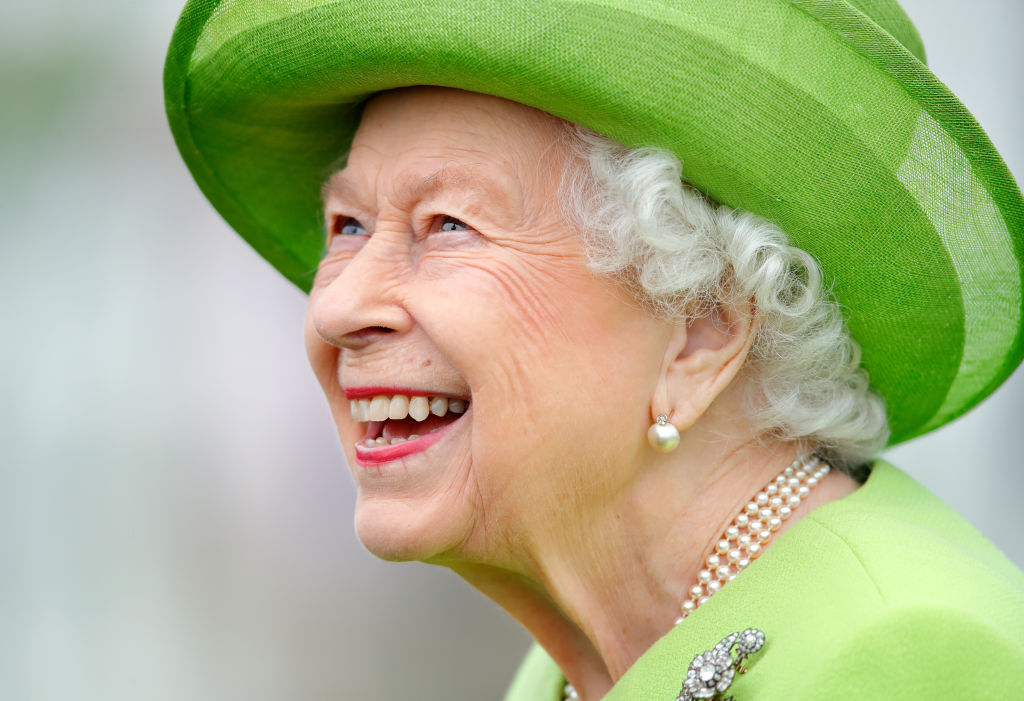 Feeling sad this week? Learn about the 5 steps of grief, plus how to avoid it consuming you
Feeling sad this week? Learn about the 5 steps of grief, plus how to avoid it consuming youAs the nation mourns Her Majesty The Queen.
By Ally Head
-
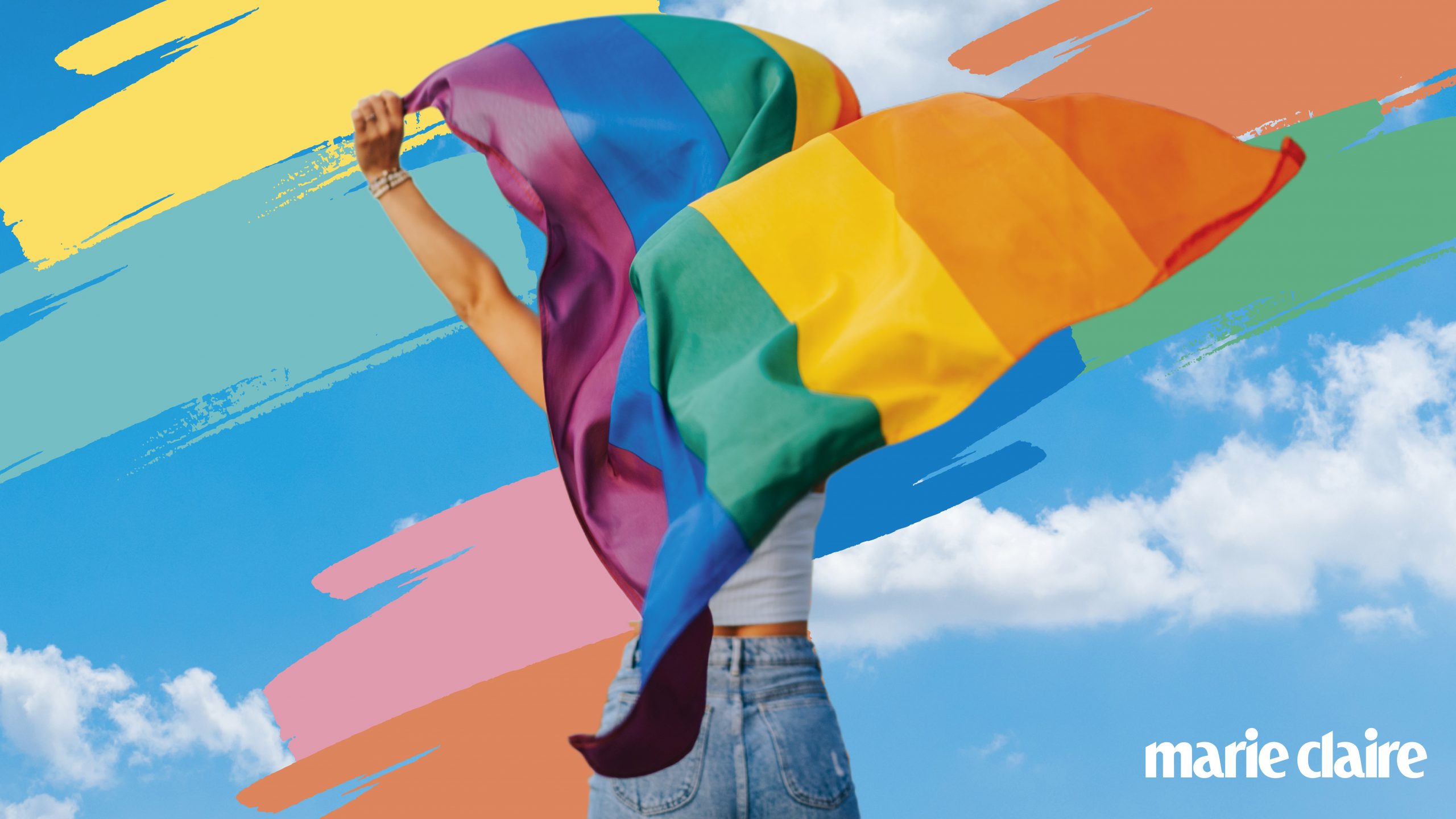 Pride events: 7 IRL and virtual celebrations to add to your calendar for 2021
Pride events: 7 IRL and virtual celebrations to add to your calendar for 2021Ready to celebrate?
By Rosie Grant
-
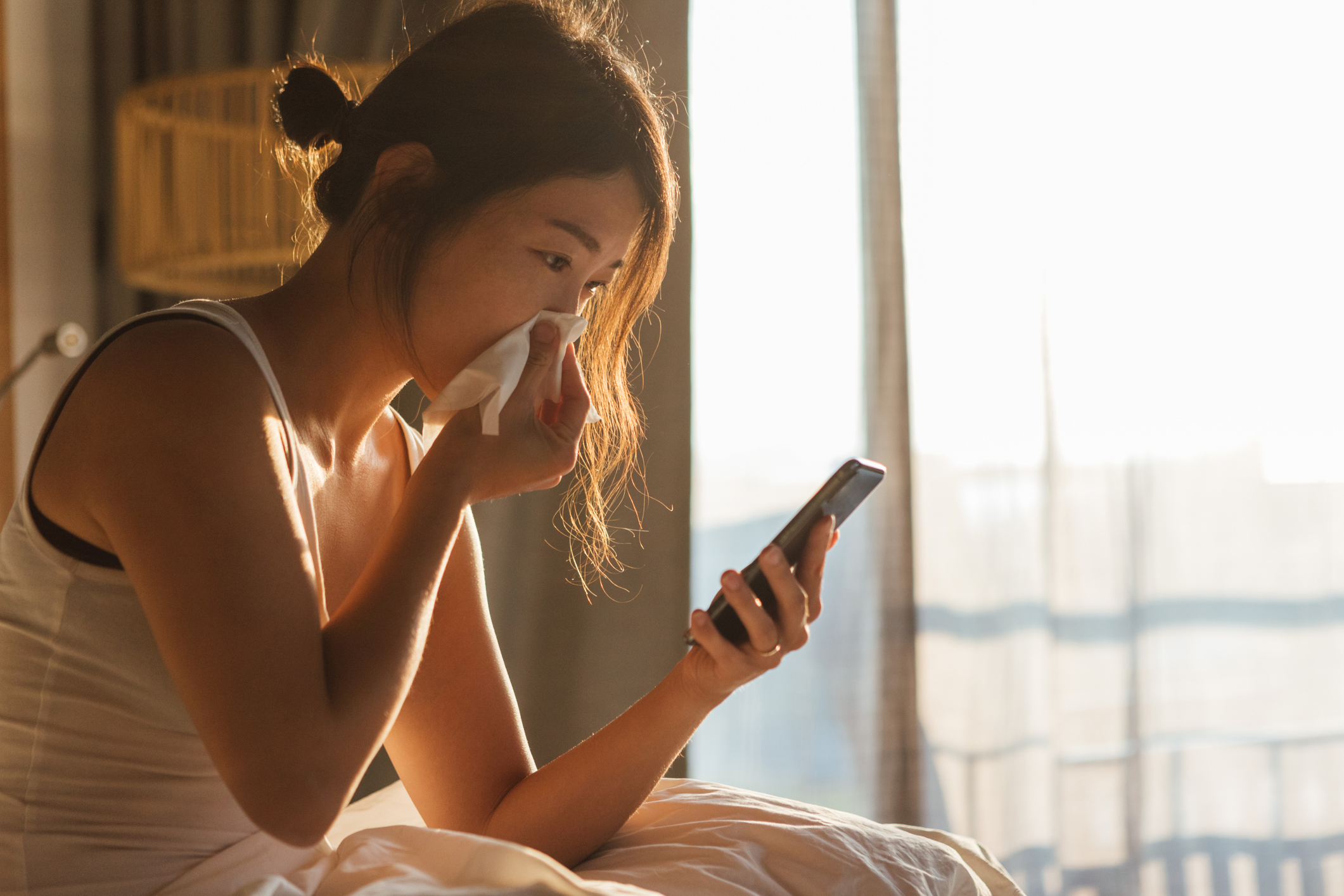 Coronavirus versus cold symptoms: How to know whether you've got COVID 19 or a common cold
Coronavirus versus cold symptoms: How to know whether you've got COVID 19 or a common coldThis is important. Read guidance from the experts now.
By Ally Head
-
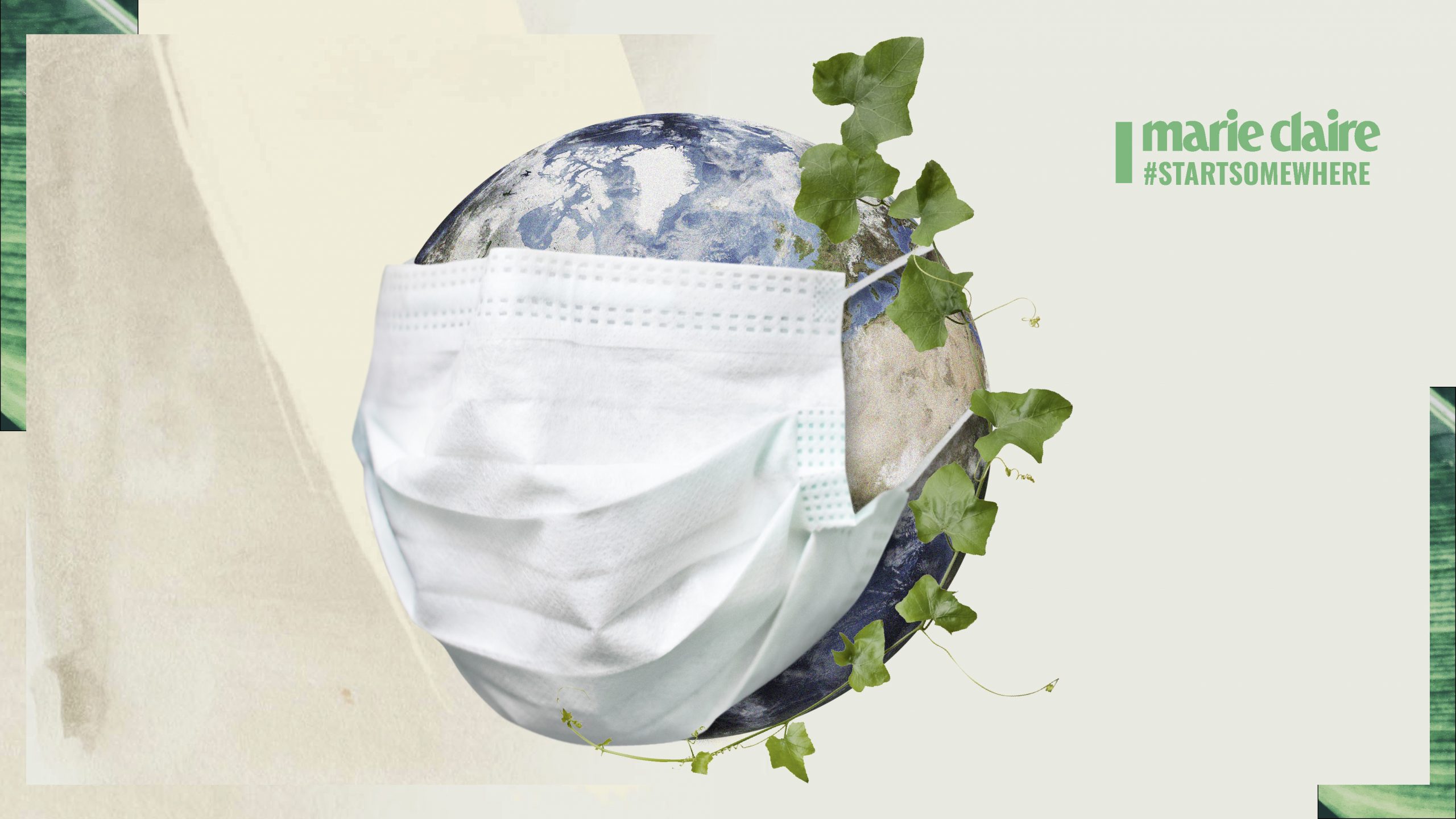 How COVID-19 made us forget our morals on plastic
How COVID-19 made us forget our morals on plasticPre-pandemic, we cared about our habits of plastic use. Lockdown changed all that - but it's not too late to continue the fight
By Olivia Adams
-
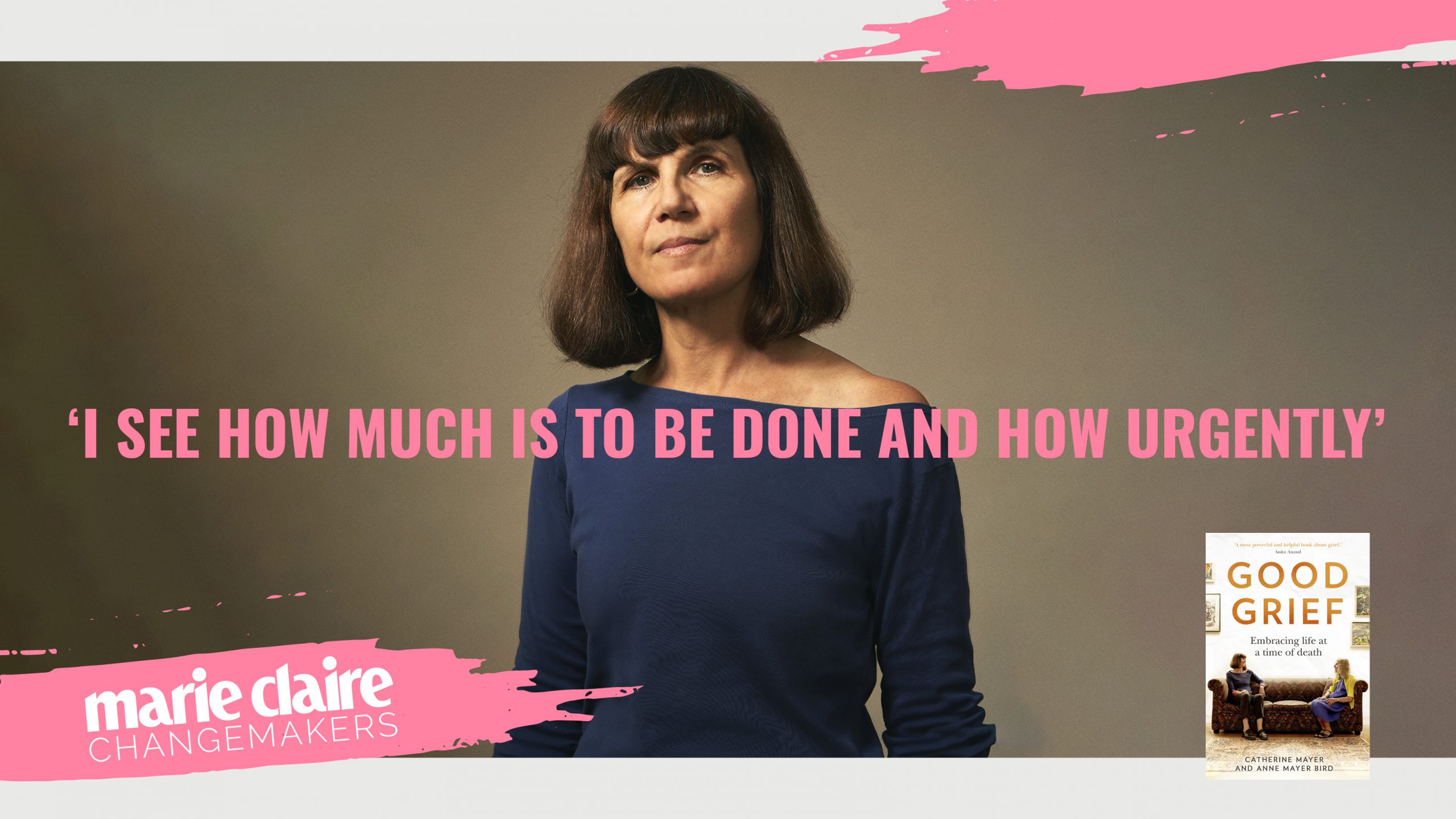 Catherine Mayer on women's rights: 'I see how much is to be done and how urgently'
Catherine Mayer on women's rights: 'I see how much is to be done and how urgently'Co-founder of the Women's Equality Party, Catherine Mayer, was married to influential musician Andy Gill until his death in Feb 2020. This International Women's Day, Mayer shares with affecting honesty how grief adds clarity to her life-affirming activism
By Maria Coole
-
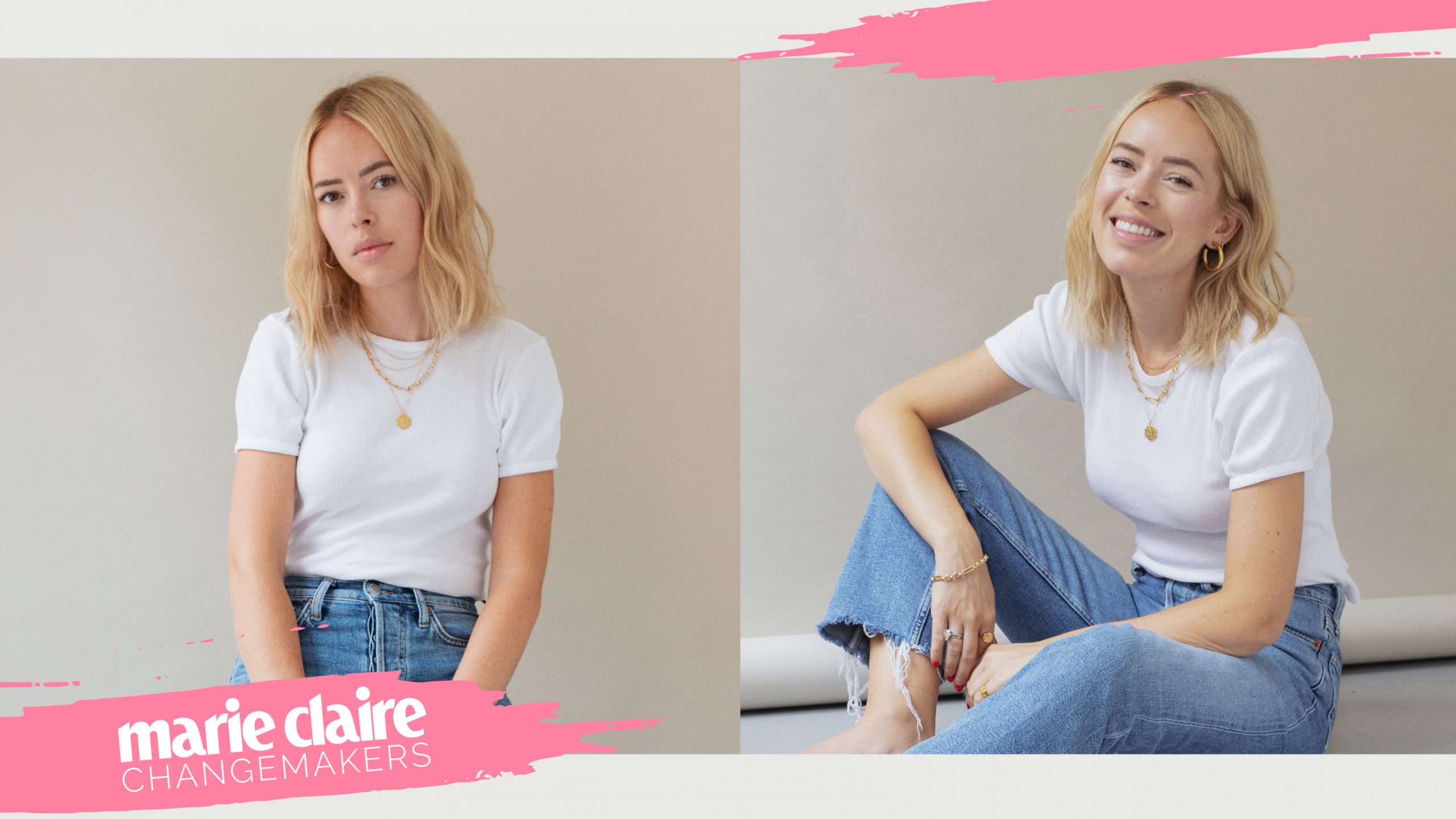 Tanya Burr shares her top 6 resources for educating yourself - and growing - this IWD
Tanya Burr shares her top 6 resources for educating yourself - and growing - this IWDThe theme of this International Women's Day is Choose to Change - let Tanya help you become a change-maker with her top resources.
By Ally Head
-
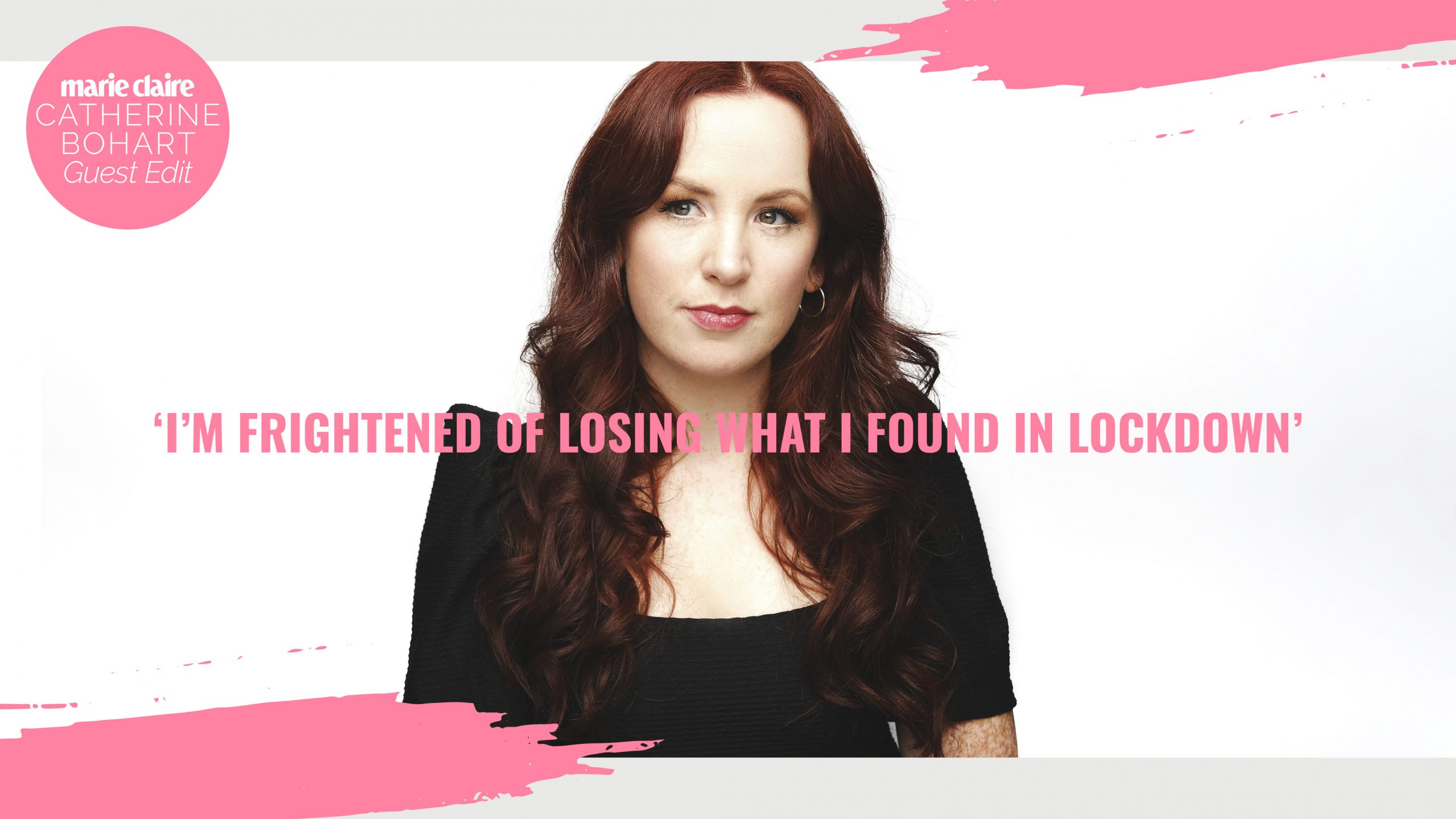 Catherine Bohart: 'I’m frightened of losing what I found in lockdown'
Catherine Bohart: 'I’m frightened of losing what I found in lockdown'Award-winning writer and comedian Catherine Bohart shares what her own lockdown mental health journey helped her discover
By Sophie Goddard